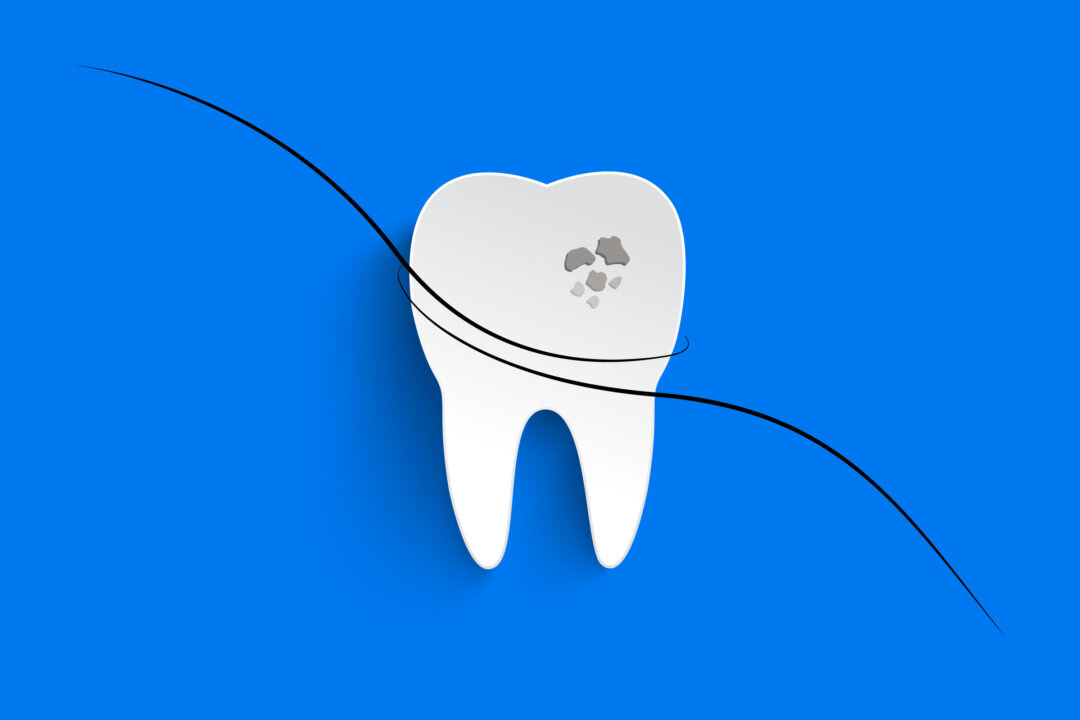Researchers at King’s College London have unveiled a groundbreaking toothpaste ingredient derived from keratin, a protein found in hair, skin, and wool. This innovation could revolutionize dental care by repairing early enamel damage and potentially eliminating the need for traditional fillings. The new formulation targets early-stage tooth decay, offering a less invasive solution for maintaining dental health.
The study focuses on the use of keratin to tackle superficial dental caries, which are often the initial signs of tooth decay. By applying keratin extract in laboratory tests, researchers observed its ability to attract calcium and other essential minerals. These elements work together to rebuild a protective layer that integrates with the natural enamel of the teeth, enhancing both strength and shine.
Revolutionizing Dental Care
The implications of this research are significant. Traditional dental fillings often involve drilling and can be uncomfortable for patients. With the introduction of keratin-based toothpaste, individuals may have a viable alternative at their disposal. This could lead to a shift in dental practices, emphasizing prevention and early intervention rather than reactive measures.
The keratin extract serves not only to remineralize teeth but also to restore their natural appearance. The process of rebuilding enamel is crucial, as it helps to strengthen teeth and reduces the likelihood of further decay. If widely adopted, this approach could transform oral hygiene routines, making them more effective and less invasive.
Potential Impact on Oral Health
As dental professionals and researchers continue to explore the benefits of keratin in oral care, the potential for significant cost savings is noteworthy. The need for fillings can lead to increased dental expenses, both for patients and healthcare systems. By preventing decay at earlier stages, this keratin-based solution might contribute to reduced treatment costs in the long run.
This research is part of a broader trend towards utilizing natural materials in medical and dental applications. With increasing consumer interest in sustainable and biocompatible products, the development of a toothpaste that incorporates a protein already present in the human body aligns with these values.
In conclusion, the innovative use of keratin derived from hair could reshape the future of dental care. As studies progress and clinical applications are explored, this advancement may not only enhance dental health but also provide a more pleasant experience for patients. The journey from laboratory research to everyday use in dental care products is underway, and it promises to make a lasting impact on oral health.





































































